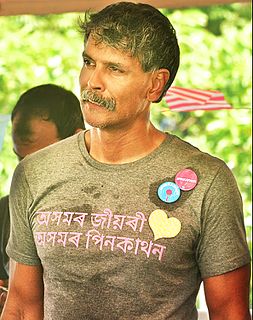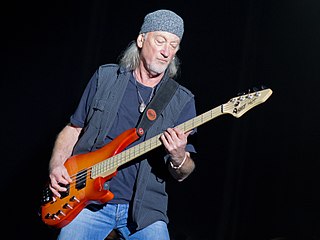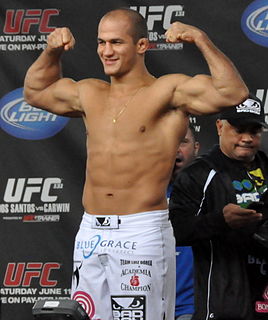A Quote by Charlize Theron
At the end of the day, I'd much rather do a piece about people in a story that I find riveting and intriguing and moving, versus really carrying some kind of heavy political agenda on my sleeve. That's not who I am.
Related Quotes
In a very real way, one writes a story to find out what happens in it. Before it is written it sits in the mind like a piece of overheard gossip or a bit of intriguing tattle. The story process is like taking up such a piece of gossip, hunting down the people actually involved, questioning them, finding out what really occurred, and visiting pertinent locations. As with gossip, you can't be too surprised if important things turn up that were left out of the first-heard version entirely; or if points initially made much of turn out to have been distorted, or simply not to have happened at all.
What happened on "As Cool As I Am" was, you know how in the `90s, "the personal is political, the political is personal"? That was a really big thing. Choices you made about how you recorded and what instruments you used and how much real versus how much synthetic. Those were choices that were seen as very political at the time.
The criteria [to take or refuse the role] is that I would love to have some kind of dialogue or communication with the director. I need to understand that we can communicate and that we like communication. That's something I have to have a strong feeling about. Secondly, I have to find the script intriguing or interesting. I don't have to understand the whole script, but I do have to find it intriguing. If those two things are present, that would probably be a yes.
I might find that I have a habit of being jealous and comparing myself with other people and riveting my attention on how much somebody else is accomplishing or doing, or how much better they are at such and such. First, I might recognize the story - the mental images and internal dialogue - and say, "Okay, comparing mind." Then, rather than staying caught in the content, I'll bring my attention into my body and open to the immediate feelings that are there.
It's really an orchestral piece featuring a group and it was quite revolutionary at the time and it in fact, it kicked Deep Purple off as a name in Great Britain because it made all the newspapers. Everyone was writing about us. And there was some confusion as to what kind of band we were after that, which is why Deep Purple in Rock is such a hard unbending album of really furious hard heavy rock. Heavy metal hadn't been invented at that point.


































